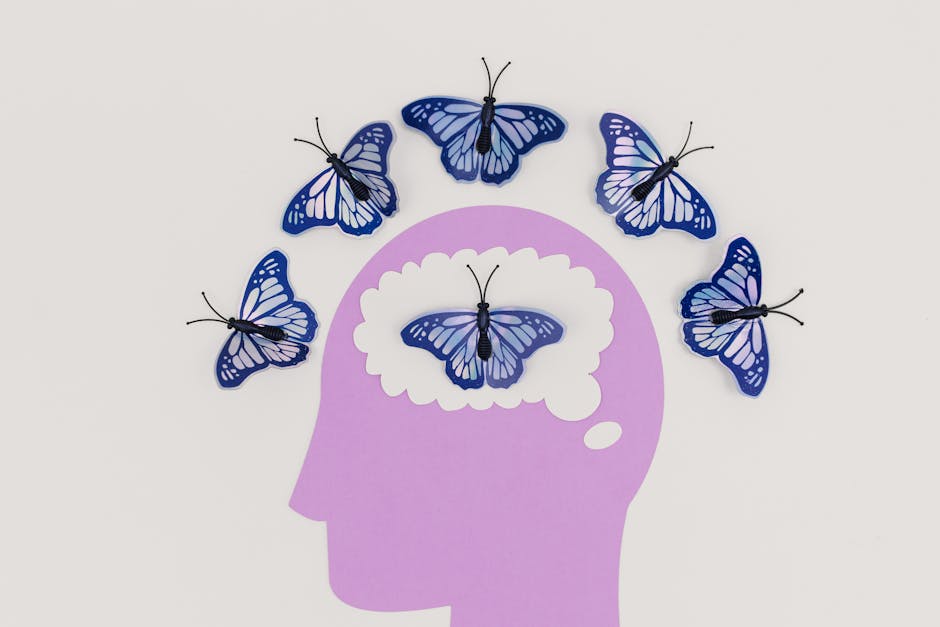
Neuroplasticity and Minimalist Living: Reshaping Your Brain Through Decluttering
In today's fast-paced world, we are often bombarded with information and surrounded by clutter in our physical and digital spaces. As a result, our brains can become overwhelmed, leading to decreased cognitive function and increased stress.
However, recent research has shown that our brains have the remarkable ability to change and adapt throughout our lives, a concept known as neuroplasticity. Neuroplasticity is the ability of the brain to reorganize itself by forming new neural connections. This means that we can actively reshape our brains and improve cognitive function by adopting a minimalist lifestyle and decluttering our surroundings.
Minimalist living is a lifestyle that emphasizes simplicity and intentionally reducing the number of material possessions we own. By ridding ourselves of unnecessary clutter and distractions, we create a harmonious environment that allows our brains to focus and function optimally.
When we live in a cluttered and disorganized space, our attention is constantly divided. Our brains are forced to process multiple stimuli, which can lead to mental fatigue and decreased productivity. In contrast, a minimalist living space promotes a sense of calm and clarity, allowing us to concentrate on the task at hand.
Furthermore, studies have shown that cluttered environments can negatively impact our decision-making abilities. When our physical and digital spaces are cluttered, our brains are more likely to become overwhelmed and struggle to make clear and logical choices. By decluttering our surroundings, we create an environment that supports and enhances our cognitive abilities, leading to improved decision-making skills.
Decluttering not only improves our cognitive function but also reduces stress levels. When we are surrounded by clutter, our brains perceive it as unfinished work, which can create feelings of anxiety and overwhelm. By simplifying our surroundings, we can create a sense of calm and tranquility, reducing stress and promoting overall well-being.
So, how can we start reshaping our brains through decluttering and minimalist living? Begin by assessing your physical and digital spaces and identifying areas that can be decluttered. Get rid of items that no longer serve a purpose or bring you joy. Embrace a minimalist mindset by being intentional with your purchases and focusing on experiences rather than material possessions.
In conclusion, neuroplasticity and minimalist living offer us the opportunity to actively reshape our brains and improve cognitive function. By decluttering our physical and digital spaces, we create an environment that promotes focus, clarity, and well-being. So, start simplifying your life today and experience the transformative power of neuroplasticity and minimalist living.

